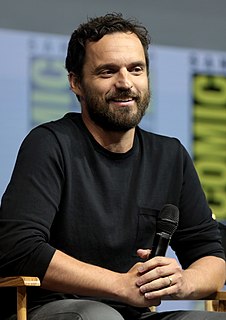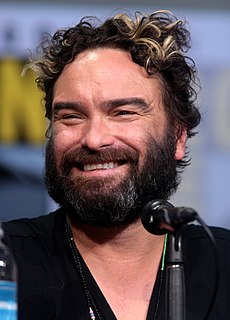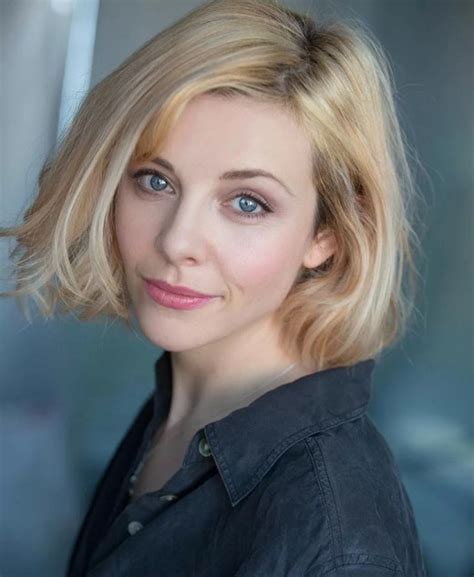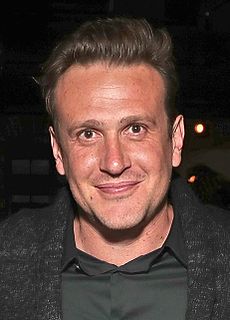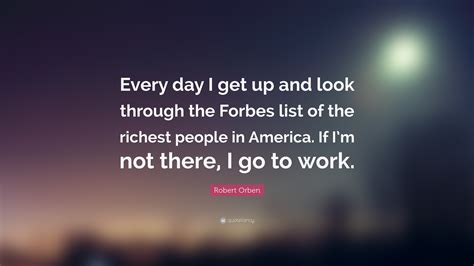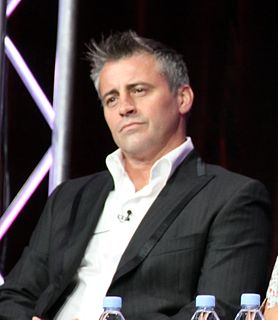A Quote by Rob Thomas
I like the rhythm of comedy in dramas, if that makes sense. In other words, I don't want to write setup, punch, setup, punch, where the joke dictates the scene; I want to find comedy in which the drama is actually driving the moment in the scene.
Related Quotes
Having written both comedy and drama, comedy's harder because the fear of failure's so much stronger. When you write a scene and you see it cut together, and it doesn't make you laugh, it hurts in a way that failed drama doesn't. Failed drama, it's all, 'That's not that compelling,' but failed comedy just lays there.
It always seems to someone outside the business that it is very difficult to write for a comedy show because it must be done quickly. Actually, it is much easier to write this humor than to do a joke or a show from scratch, because the audience knows the plot. Just mention what is going on and then deliver the punch line.
The real challenge in acting is in comedy. It's easier to get that gasp in a drama. Not easy, because you still have to find that emotional pitch. And when you do something in drama and you hear that sob from the audience it's so fulfilling. But as a comic actor, when the laugh is supposed to come and you punch in that line and nothing happens it is dreadful. It's horrific and you feel like dying right there.





